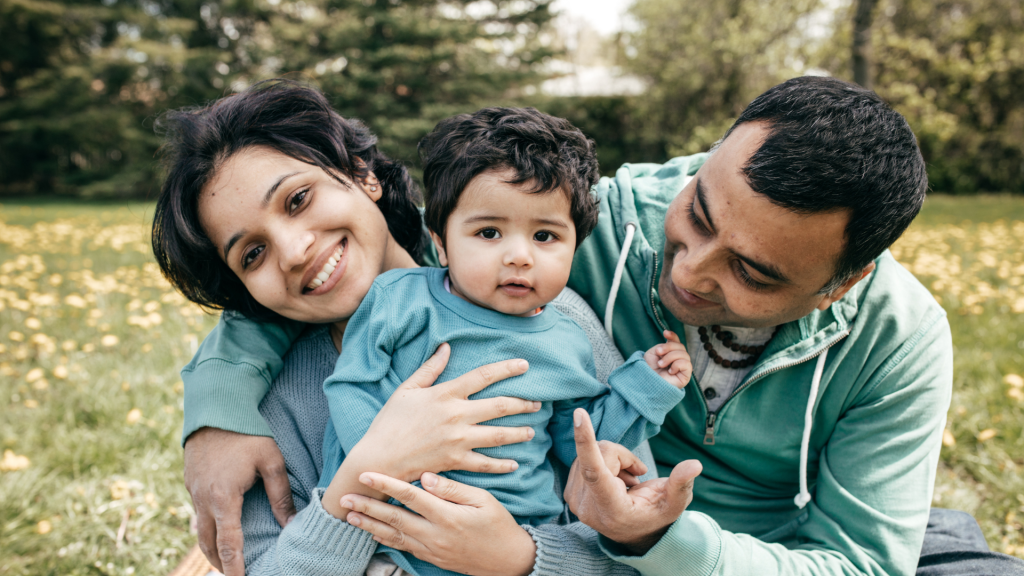
Raising multilingual or bilingual children is good for your child or children. It’s also good for your family, your local community and the wider community.
Benefits
For your child, speaking and using more than one language regularly has been linked to:
- improved literacy and other language skills
- better results in other academic subjects
- more diverse and interesting work and travel opportunities later in life.
Also, if your child grows up speaking more than one language, they might have a better sense of self-worth, identity and belonging. This comes from:
- feeling good about their heritage
- feeling confident about communicating and connecting with extended family members and people who speak their heritage language
- learning and hearing stories directly from family members
- being able to enjoy music, movies, literature and so on in more than one language.
For your family, being multilingual and developing your heritage language in your child:
- improves communication among your family members
- enhances emotional bonds
- makes it easier for you and your child to be part of your culture
- boosts your family’s sense of cultural identity and belonging.
For your wider community, when children speak more than one language, it might mean that more children and adults in your community:
- appreciate and understand diverse languages and cultures
- have increased empathy for diverse ways of understanding the world.
Things to think about when you’re raising multilingual and bilingual children
Raising multilingual or bilingual children is a long-term commitment. To make multilingualism work for your child and family, there are things you can do each day. You might also need to think about these things over the long term.
These things include:
- sticking with your heritage language, even when there’s pressure to choose English
- reminding yourself that using your heritage language helps to strengthen family bonds
- using your heritage language to play games, read books, cook food and do other fun things that make it positive for your child
- helping your child understand the benefits of multilingualism and bilingualism
- making sure your child gets plenty of chances to hear and use their heritage language
- talking to your child’s teachers and getting their support for your efforts
- getting support for yourself – for example, by talking to friends and family who are raising multilingual or bilingual children and finding resources in your community, like bilingual playgroups.
Learn more here: https://raisingchildren.net.au/newborns/connecting-communicating/bilingualism-multilingualism/bilingualism
For more information on your options when raising bilingual or multilingual children, visit: https://raisingchildren.net.au/newborns/connecting-communicating/bilingualism-multilingualism/raising-bilingual-children-tips
In this short video, migrant worker Halime Duzen and parents from diverse cultural backgrounds talk about bilingualism and speaking 2 languages. They say learning English is important, but it’s also good to keep speaking your family’s first language at home. This helps children stay connected to their communities and talk to their relatives.
Access this article in languages other than English
- Arabic (PDF: 143kb)
- Dari (PDF: 135kb)
- Dinka (PDF: 136kb)
- Hakha Chin (PDF: 162kb)
- Karen (PDF: 133kb)
- Persian (PDF: 136kb)
- Simplified Chinese (PDF: 203kb)
- Swahili (PDF: 133kb)
- Tamil (PDF: 130kb)
- Vietnamese (PDF: 144kb)
